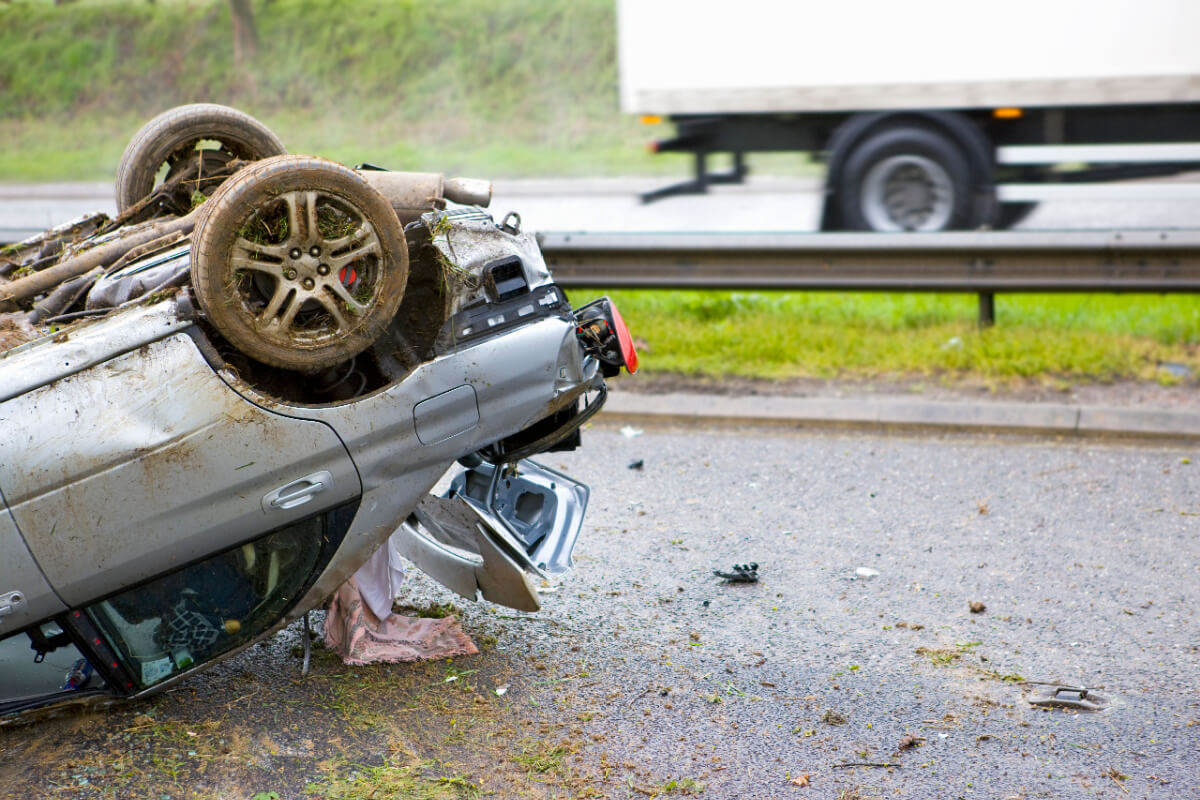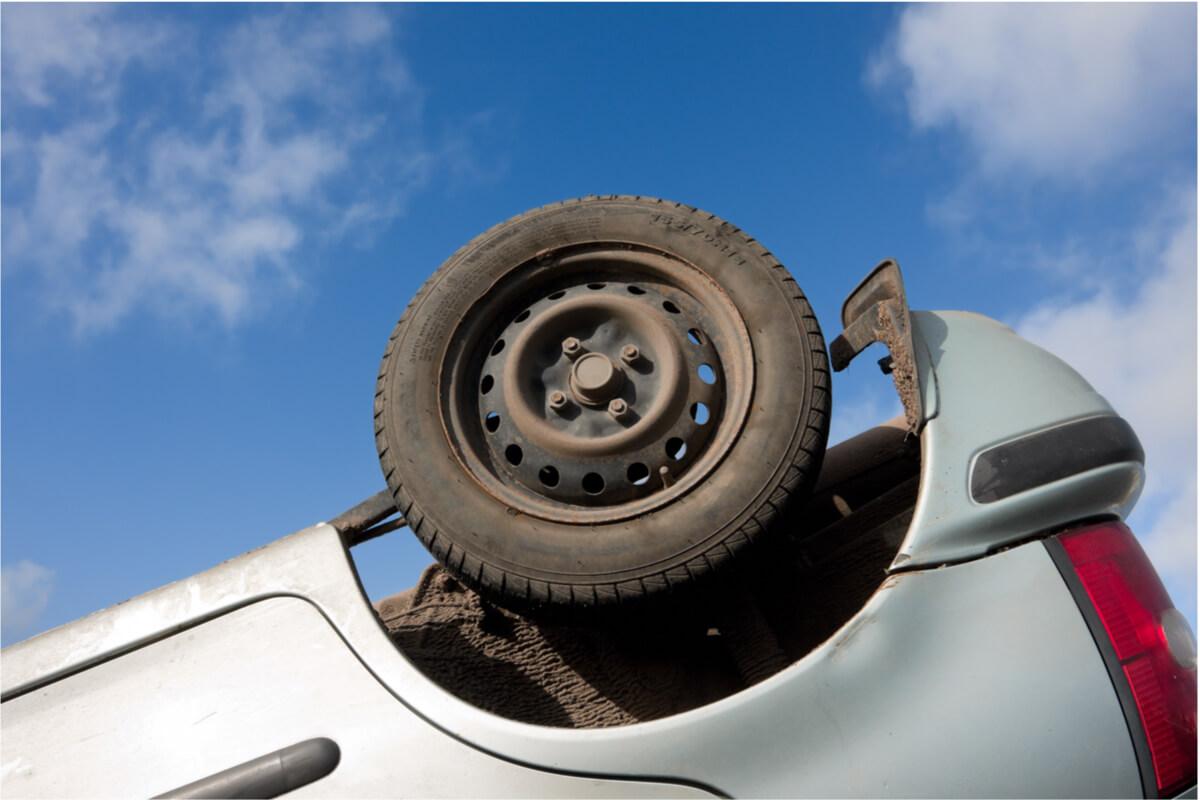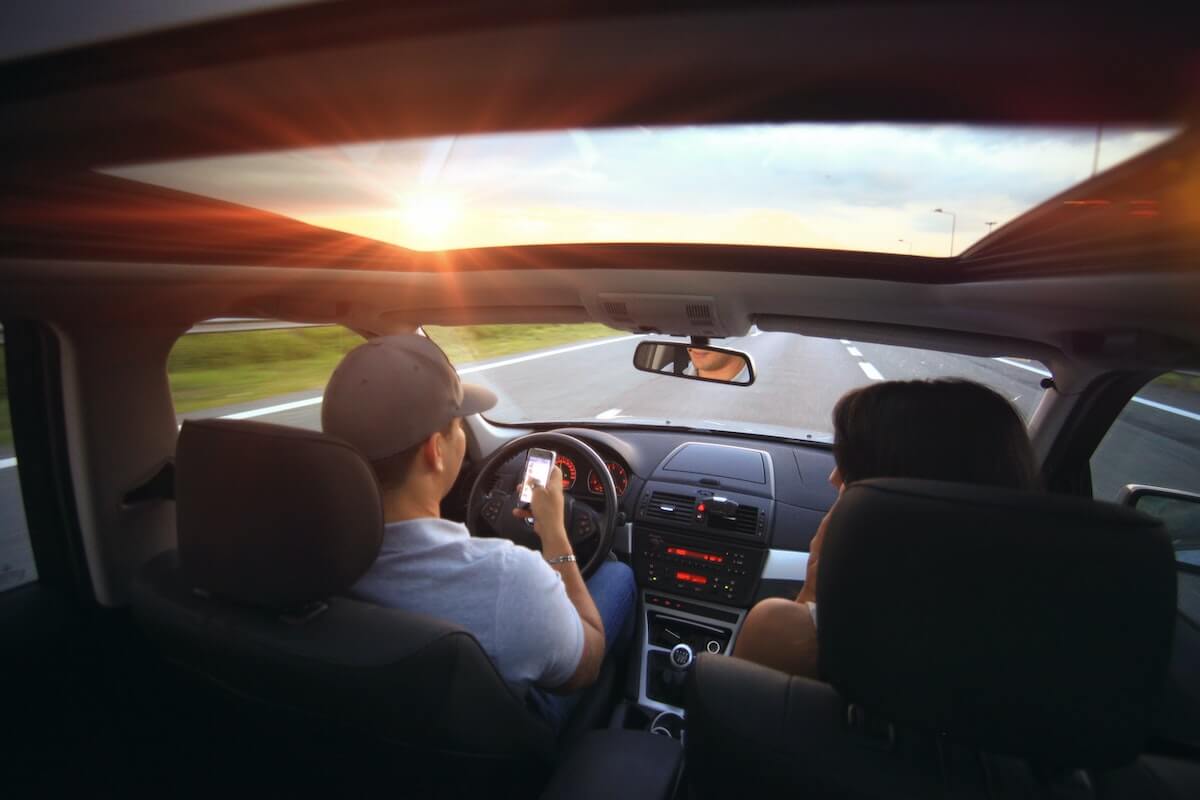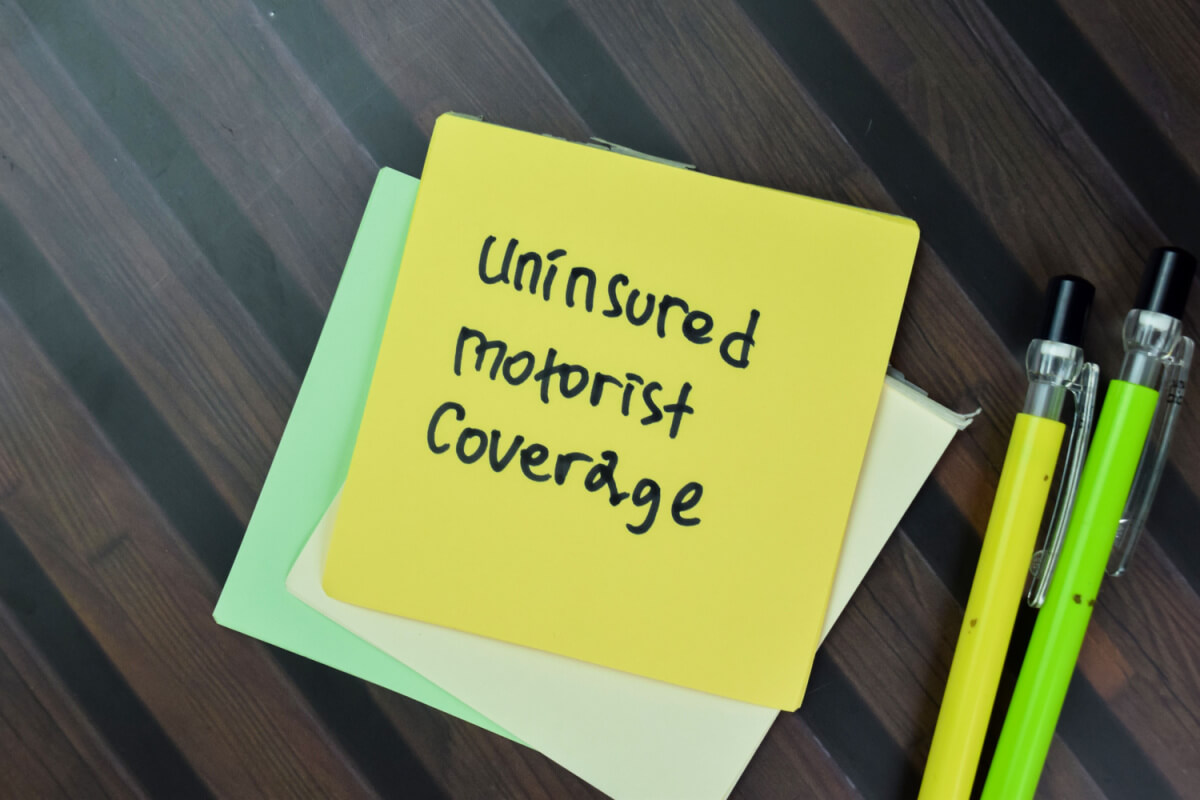
Rollover accidents, where a vehicle flips onto its side or roof, often result from a combination of factors. Speed plays a significant role; vehicles moving at high speeds are more likely to roll over in a crash. Sharp turns, especially at high speeds, can also lead to these types of accidents. Additionally, vehicles like SUVs and trucks have a higher risk due to their taller and narrower build. Common injuries in rollover accidents range from minor to severe. Victims might suffer from bruises and cuts, but more serious cases involve broken bones, head trauma, or spinal injuries. In some instances, individuals experience long-term effects from their injuries, impacting their daily lives.
Legal Options After a Rollover Accident
Victims of rollover accidents often face a complex legal landscape. First, determining liability is a key step. In some cases, another driver’s negligence, such as reckless driving or speeding, causes the accident. Alternatively, vehicle design flaws or manufacturing defects might play a role, implicating auto manufacturers.
Once liability is established, victims can explore compensation avenues. These may include medical expenses, lost wages, and pain and suffering. Insurance claims are typically the initial route for seeking compensation. However, when insurance does not cover all damages, or when liability is disputed, legal action may be necessary. In lawsuits, evidence is paramount. Accident reports, witness statements, and medical records serve as crucial evidence. Expert testimony, especially from accident reconstruction specialists, can also bolster a case.
Finally, statutes of limitations apply to rollover accident claims. These laws set deadlines for filing lawsuits, varying by state. Understanding these time constraints is important to ensure legal rights are not forfeited.
Steps to Take Immediately Following a Rollover Accident
Immediately following a rollover accident, several steps should be taken to ensure safety and protect legal interests. Safety is the foremost concern. If possible, individuals should move to a secure location away from traffic. Checking for injuries is vital. Even if injuries seem minor, it’s important to seek medical attention, as some injuries may not be immediately apparent.
Calling 911 is essential, as police can file an accident report and emergency services can provide necessary medical care. Gathering evidence at the scene, such as taking photos of the vehicle, the surroundings, and any visible injuries, can be beneficial. This evidence can later support any insurance claims or legal actions.
Exchanging information with any other parties involved in the accident is also important. This includes names, contact information, and insurance details. However, discussing fault or making statements about the accident should be avoided, as these can impact later legal proceedings.
Finally, following up with a medical professional for a thorough check-up is advisable, even if no immediate injuries are felt. Some injuries, like whiplash or internal trauma, may only become evident later.
How to Document Your Injuries and Losses Post-Rollover Accident
Documenting injuries and losses after a rollover accident is a methodical process, vital for any future insurance claims or legal proceedings. Initially, seeking medical attention is paramount. Medical records, including doctor’s notes, treatment plans, and diagnostic tests, serve as official documentation of injuries sustained.
Photographic evidence is equally important. Photographs of injuries at different stages of healing help in demonstrating their severity and impact. Keeping a detailed diary of symptoms, pain levels, and how the injuries affect daily activities provides a personal account of the aftermath. Financial losses also need thorough documentation. This includes medical bills, receipts for medication, and any other healthcare-related expenses. If the injuries result in missed work, documenting lost wages is necessary. Pay stubs, employment letters, and statements from employers can support these claims.
In cases of property damage, such as to a vehicle, obtaining repair estimates and keeping receipts for any related expenses is crucial. All this documentation creates a comprehensive record, aiding in accurately portraying the accident’s impact on an individual’s life.
Navigating Insurance Claims for Rollover Accidents: Essential Tips
Handling insurance claims after a rollover accident involves several important steps. Initially, promptly notifying the insurance company about the accident is crucial. Delaying this notification can sometimes complicate the claims process.When speaking with insurance representatives, providing a clear and factual account of the accident is important. However, it’s advisable to limit sharing details about fault or injuries until a full understanding of the situation is gained.
Gathering comprehensive documentation supports the claim. This includes the police report, medical records, photographs of the accident scene and injuries, and any relevant receipts or bills. These documents provide tangible evidence of the accident and its repercussions.
Understanding the specific coverage in the insurance policy helps in knowing what compensation to expect. This includes understanding deductibles, limits, and any exclusions.
If the claim involves another party’s insurance, understanding how to communicate with their insurer is important. Keeping detailed records of all conversations and correspondence related to the claim is beneficial.
Finally, if complexities arise, or if the settlement offer seems inadequate, considering professional legal advice might be necessary. An attorney with experience in rollover accidents can provide guidance tailored to the specific circumstances of the case.
Proving Liability in Rollover Accidents: What You Need to Know

Proving liability in rollover accidents is often a multifaceted process, involving an investigation into the accident’s cause and determining who is at fault. Key elements include:
- Accident Reconstruction: Experts in accident reconstruction can analyze the crash site, vehicle damage, and other evidence to determine how the accident occurred. Their findings can indicate whether driver error, vehicle defects, or road conditions played a role.
- Witness Statements: Testimonies from people who witnessed the accident can provide crucial insights into what happened. Their accounts can support claims about the actions of each driver or conditions on the road.
- Police Reports: Officers responding to the scene compile reports often including observations, diagrams of the accident, and sometimes an initial assessment of fault. These reports can be pivotal in liability determinations.
- Vehicle Inspection: In some cases, the vehicle itself is inspected to check for defects or malfunctions that may have contributed to the rollover. This can involve examining tire conditions, brakes, and steering systems.
- Driver Records: Investigating the driving history of those involved can reveal past violations or patterns of negligence. This information can be used to establish a history of reckless or irresponsible driving behavior.
- Road Conditions: Sometimes, the condition of the road where the accident occurred is a factor. Poor maintenance, lack of proper signage, or design flaws can contribute to accidents, implicating those responsible for road upkeep.
- Legal Standards and Precedents: Understanding local traffic laws and previous legal rulings in similar cases can help in establishing liability. This legal context can shape how the evidence is interpreted and applied.
Each rollover accident is unique, and determining liability often requires a thorough examination of multiple factors. The gathered evidence and expert analysis form the foundation for establishing who is legally responsible for the accident and its consequences.
If you were involved in a rollover accident, contact Alvendia Kelly & Demarest today at 504-200-0000 to schedule a free consultation.
Categories
- Bicycle Accidents
- Car Accident
- Case results
- Class Action
- Community Aid
- COVID-19
- Fun
- General
- Hard Rock Lawsuits
- Holiday
- Insurance Claims
- Legal Advice
- Mardi Gras Accident Attorney
- Mass Tort
- Medical
- Motorcycle Accident
- Personal Injury
- Practices
- Premise Liability
- Recent News
- Safety
- Truck Accidents
- Uncategorized
- Weather
- Work-Related Accident

In 2003, after being dissatisfied with the quality of legal care for victims of car accidents, Roderick ‘Rico’ Alvendia sought to establish a new firm focused on providing high-quality legal services to aid injured victims and their families. J. Bart Kelly, sharing Rico’s passion for upholding justice, joined the firm later that year, and established a partnership.






